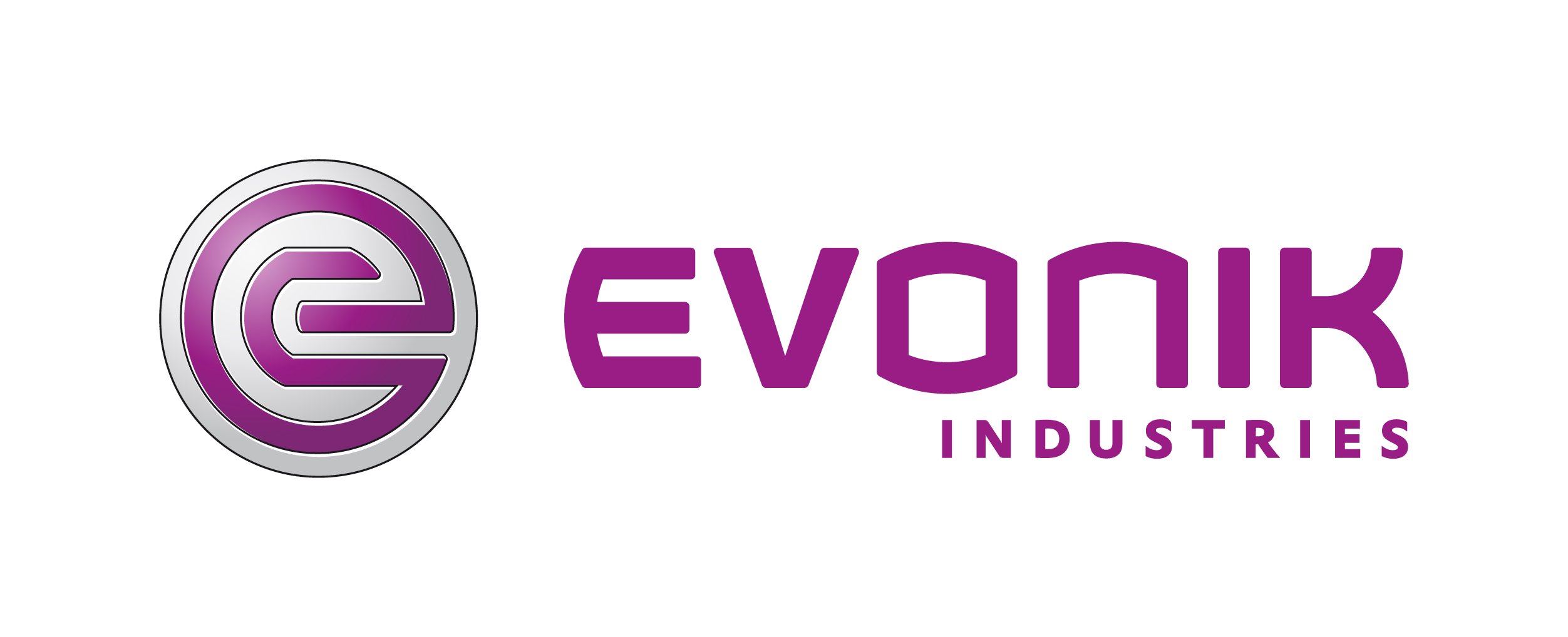At a time when data privacy is at the heart of business, the General Data Protection Regulation (GDPR) has a significant impact on how companies approach their data management and security. These regulations affect not only traditional business operations, but also contractor management. In this article, we analyse how GDPR affects contractor management and what steps companies should take to comply with these regulations.

The fundamentals and requirements
What is GDPR?
The General Data Protection Regulation (GDPR) is European Union legislation that came into force on 25 May 2018. The purpose of GDPR is to strengthen and harmonise the privacy and protection of personal data of EU citizens.
Key requirements of GDPR
Consent
Companies must obtain explicit consent from individuals before processing their personal data.
Right to erasure: Also known as the “right to be forgotten”, individuals can request that their data be deleted.
Data portability
Individuals can transfer their data to another service provider.
Right of access
Individuals have the right to know what data is collected about them and how it is used.
Data breach notification obligation
Companies must report data breaches to the supervisory authority within 72 hours.
Right to rectification
Individuals can request to correct their data if it is inaccurate.
Privacy by design and default
Data protection must be built into systems and processes from the outset.
Implications for contractor management
Challenges for contractor management
- Data collection
Companies often collect extensive data on contractors, including personal and sensitive information. GDPR compliance requires careful management of this data. - Consent and transparency
Obtaining explicit consent and communicating the use of data to contractors is essential. - Data retention
Companies must determine how long they keep data and securely delete it when it is no longer needed. - Data breaches
Preventing data breaches and implementing robust security measures is crucial to comply with GDPR.
Requirements for businesses
- Data Mapping
Identify and document what data is collected, how it is processed, and where it is stored. - Security measures
Implement technical and managerial measures to protect contractors’ data. - Training and awareness
Ensure employees and contractors are aware of GDPR and their responsibilities. - Processor agreements
Enter into processor agreements with third parties processing data on behalf of the company to ensure that they too are GDPR compliant.
Steps for compliance
Companies need to take several steps to comply with GDPR and minimize its impact on contractor management. First, it is crucial to conduct a GDPR audit. This involves evaluating current processes and identifying areas that are not GDPR-compliant. Next, the privacy policy should be updated to ensure it is up-to-date and compliant with GDPR requirements. It is essential to obtain explicit consent for processing contractor data and clearly document this.
In addition, companies should implement robust data security measures. This includes encryption, pseudonymization, and other security methods to protect contractor data from unauthorized access and data breaches.
Training employees and contractors on the GDPR and the importance of data protection is also essential. Through regular training and education, companies can ensure that everyone in the organization is aware of the regulations and follows the correct procedures.
Documenting and keeping detailed records of data processing and consent is another important step. Companies should keep a record of what data is collected, how it is processed, and who has access. Finally, companies should establish procedures for handling data access, correction, and deletion requests. This ensures that contractors can exercise their rights under the GDPR and that companies can respond to such requests quickly and efficiently.
Case studies
British Telecom (BT)
BT, a leading telecommunications company, undertook extensive measures to ensure GDPR compliance across its operations, including contractor management.
Data Inventory and Mapping
BT conducted a thorough audit to identify and map all personal data processed by contractors.
Enhanced Security Protocols Implemented advanced encryption and pseudonymization techniques to protect contractor data.
Contractor Training Programs Regular training sessions were held for contractors to educate them on GDPR requirements and best practices for data protection.
Data Processing Agreements Established stringent data processing agreements with all third-party contractors to ensure GDPR compliance.
Results
These actions led to a significant reduction in data breach incidents, improved transparency and trust with contractors, and an enhanced reputation for data privacy and protection.
Accenture
Accenture, a global professional services company, integrated GDPR compliance into its contractor management framework as part of its broader data privacy strategy.
Comprehensive Privacy Audits
Conducted regular privacy audits to identify gaps and ensure compliance with GDPR.
Centralized Data Management System
Developed a centralized system for managing contractor data, ensuring controlled access and robust security measures.
Consent Management
Implemented a system to obtain and document explicit consent from contractors for data processing activities.
Incident Response Plan
Established a dedicated incident response team to handle data breaches swiftly and efficiently.
Results
These measures resulted in streamlined data management processes, enhanced contractor confidence in data handling practices, and quick response and mitigation of potential data breaches.
Shell
Shell, a global energy company, focused on embedding GDPR compliance into their contractor management practices to protect sensitive contractor information.
Data Protection Impact Assessments (DPIAs)
Conducted DPIAs for all processes involving contractor data to assess and mitigate privacy risks.
Regular Compliance Training
Provided ongoing GDPR training to contractors and employees to maintain high awareness and adherence to regulations.
Robust Data Deletion Protocols
Implemented strict data retention and deletion policies to ensure that contractor data is only kept as long as necessary.
Results
These initiatives led to enhanced data protection and privacy compliance, increased contractor trust and collaboration, and fewer data-related incidents and regulatory issues.

















